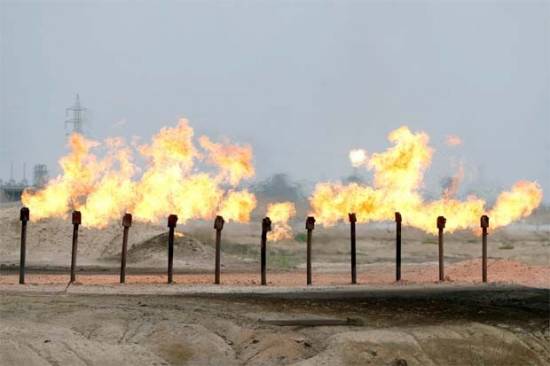NEW YORK (Reuters) - Oil prices plunged about 5% on Monday, weakening as rising coronavirus cases stoked worries about global demand, and a potential return of Libyan production bolstered oversupply fears.
Crude oil followed other equities and commodities markets in turning risk-averse on Monday as rising COVID-19 infection rates in Europe and other countries prompted renewed lockdown measures, casting doubt over economic recovery.
“We’re seeing more depressing news on jet fuel demand,” said Gary Cunningham, director of market research at Tradition Energy in Stamford, Connecticut. “We’re looking for a much softer market. The economic picture doesn’t look as rosy as it did before.”
Brent crude LCOc1 settled down $1.71, or 3.96% at $41.44 a barrel. U.S. crude CLc1 fell $1.80, or 4.38% to $39.31 a barrel. Both contracts were set for their biggest daily drops in two weeks.
Prices pulled back amid mounting concerns that an increase in coronavirus cases could cut demand.
More than 30.78 million people have been infected by the novel coronavirus, a Reuters tally shows. British Prime Minister Boris Johnson on Monday considered a second national lockdown, while cases in Spain and France have also climbed.
Workers at Libya’s major Sharara field have restarted operations, two engineers working there said, after the National Oil Corporation announced a partial lifting of force majeure. But it was unclear when and at what level production might restart.
Meanwhile, a Suezmax tanker is making its way to Libya’s Marsa El Hariga terminal, according to Refinitiv Eikon shipping data.
Goldman Sachs stuck to its forecast for Brent to reach $49 a barrel by year-end and $65 by the third quarter next year, despite the Libyan developments. Barclays raised its 2020 Brent outlook to $43 a barrel and $53 next year.
Bullish sentiment is underpinned by the hope for improved compliance with an output cut deal among members of the Organization of the Petroleum Exporting Countries (OPEC) and its allies.
Threatening production and providing a floor for prices, Tropical Storm Beta, the 23rd named storm of this year’s Atlantic hurricane season, was predicted to move ashore on Texas later on Monday, the National Hurricane Center said.
U.S. crude oil and gasoline stockpiles likely fell last week, while inventories of distillates, including diesel, were seen gaining, a preliminary Reuters poll showed on Monday.


